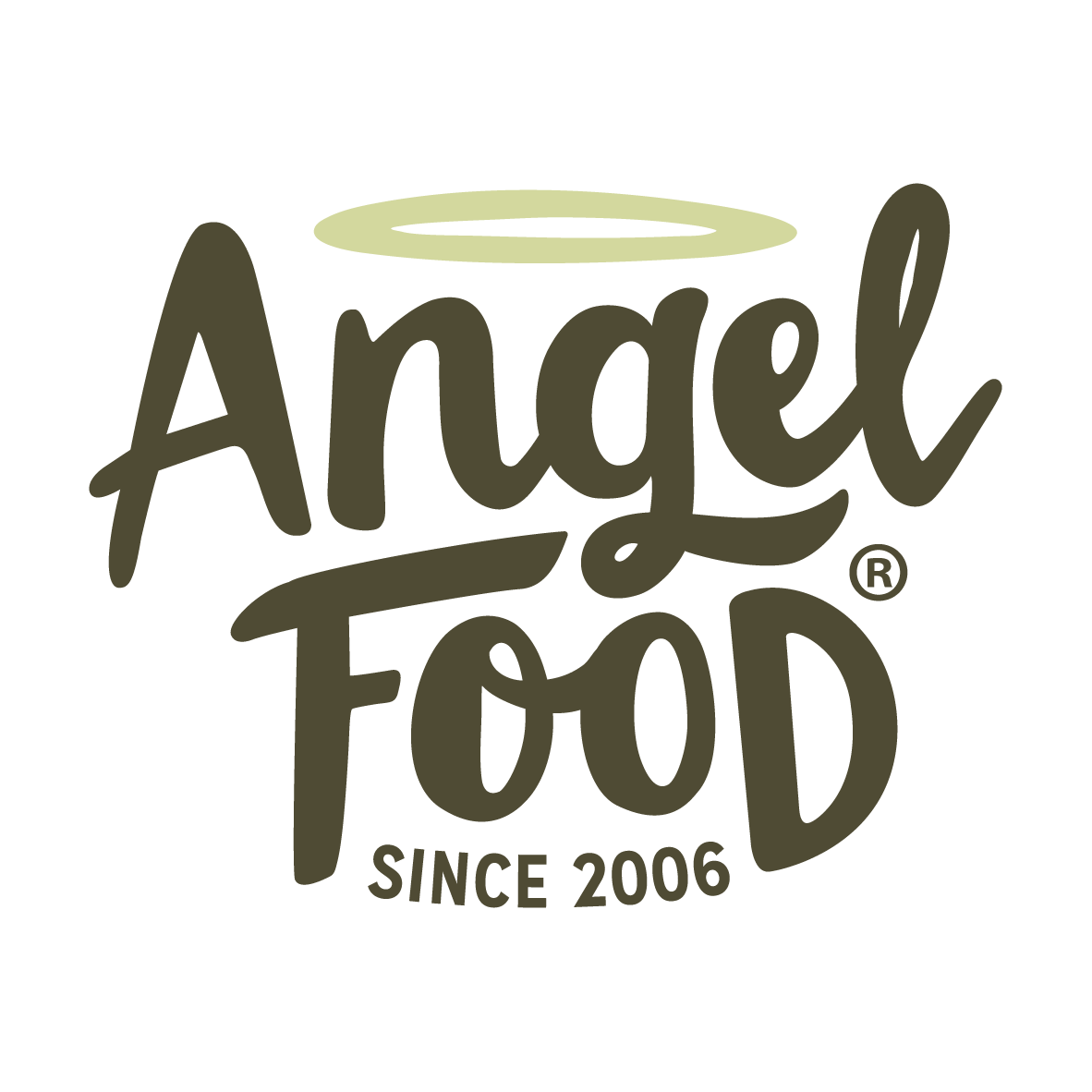Is Dairy-Free Cheese Good For the Environment?
You might be wondering if eating plant-based cheese instead of dairy cheese makes any difference to your environmental impact. Although an entire book could be written about this topic, here are the top four reasons why ditching dairy is good for the planet.
Greenhouse gas emissions
Pollution of waterways
Land use
Water use
It’s no surprise that in general, animal products have greater environmental impact than plant-based products.
But you might be surprised at how high the impact of dairy cheese is – it’s right up there with many types of meat. So if you are focusing solely on reducing your intake of meat for environmental reasons then you might not be achieving the best results possible.
Greenhouse gas emissions
Beef creates 4 times the greenhouse gas emissions of cheese, but dairy cheese still generates double the emissions of meat from pigs and poultry.
Pollution of waterways
Dairy cheese causes more eutrophying emissions than meat from sheep, pigs or poultry - eutrophying emissions are caused by excess fertiliser (natural or artificial) running off into waterways and causing problems like algal bloom.
Land use
Dairy cheese takes more land per kg product than meat from pigs and chickens.
Water use
It takes an astonishing 5600 litres of water to make a kilo of dairy cheese - imagine 560 standard household buckets full of water…. for just one kilo of cheese! That’s twice as much water as it takes to make a kilo of beef.
Impact of dairy-free cheese
As the table shows, dairy cheese produces significantly higher output of greenhouse gas and eutrophying emissions than dairy-free cheese does, and it requires far more land and water.
You might be wondering why dairy products are so environmentally destructive. Setting aside issues of animal ethics, growing cows to harvest their milk is a very inefficient use of resources - cattle are huge animals, requiring huge inputs of food and water, and having significant negative impact on the land and water. Concentrating the milk by turning it into cheese means the impacts are concentrated too.
With climate change already causing havoc with the natural systems we rely on, mitigation is urgent, and dairy cheese is clearly a habit we can’t afford.
But is a habit, and habits are hard to break.
That’s why we make dairy-free cheese alternatives – their environmental impact is about half that of dairy cheese – which makes it a low-barrier way of reducing your environmental impact.
Our aim is to offer the most authentic dairy experience possible whilst using only plant-based ingredients.
Humans have probably been making dairy cheese for about 5000 years. The first vegan cheese was made only 500 years ago - that was fermented tofu, made in either China or Okinawa (if you haven’t tried it already, you can get it at most Asian supermarkets).
The knowledge of how to make vegan cheese like those made by Angel Food is very new, just a few decades old! As our knowledge grows and the range of specialty ingredients improves, we keep improving our products.
For many of us, cheese is or has been a key part of our culture. I’m not suggesting we turn our backs on that culinary heritage, but we can’t afford to ignore its negative impacts.
Statistical information for this blog was taken from the Environmental Impacts of Food report at www.ourworldindata.org.







